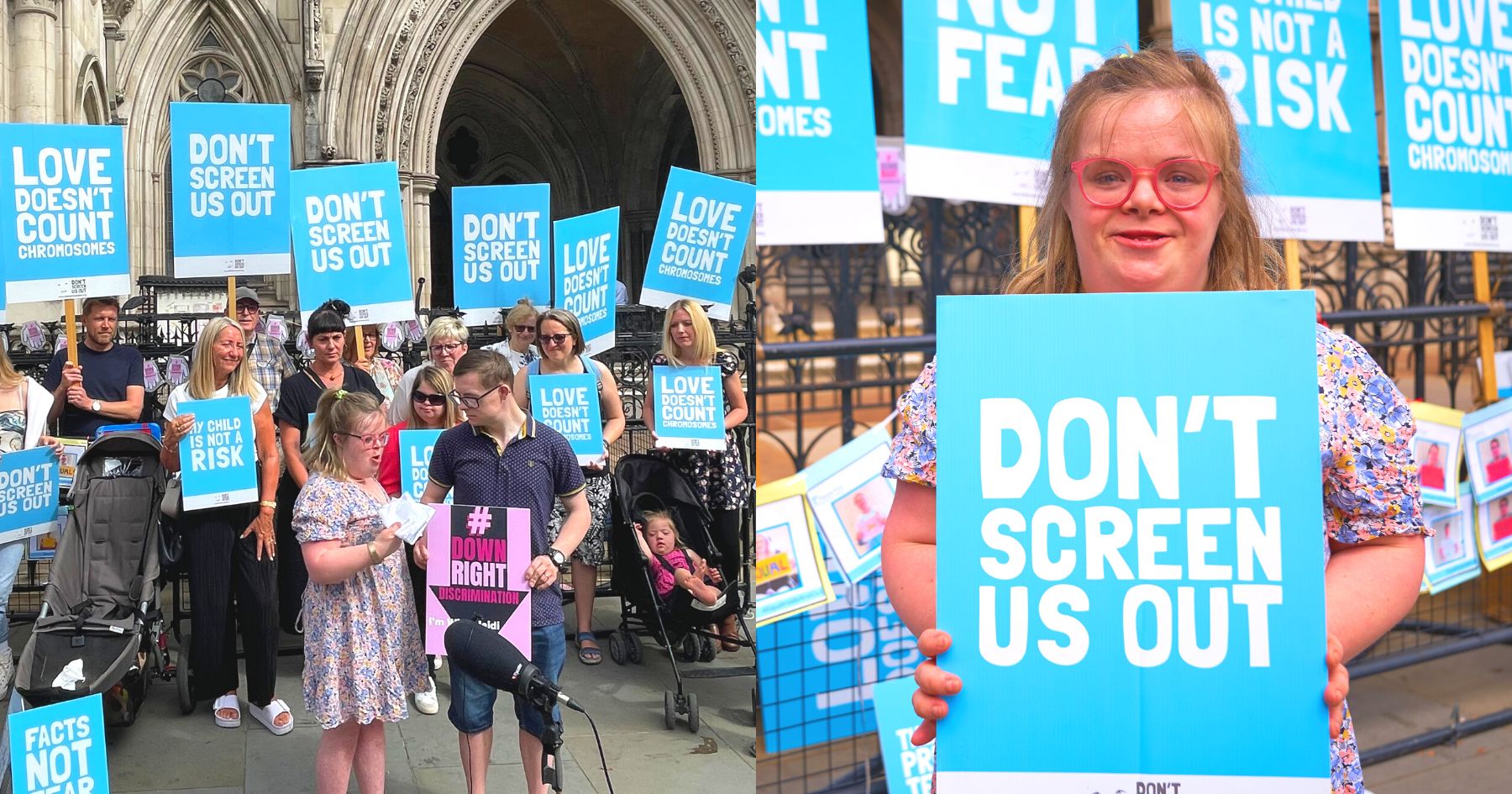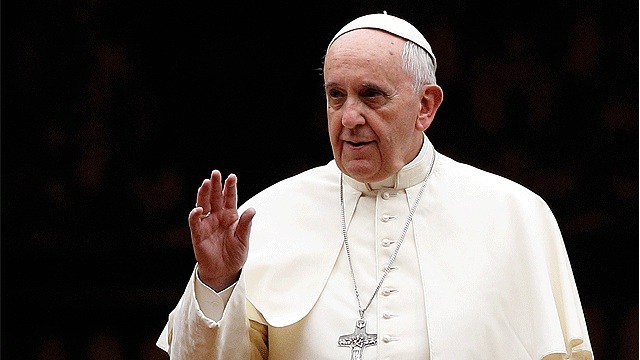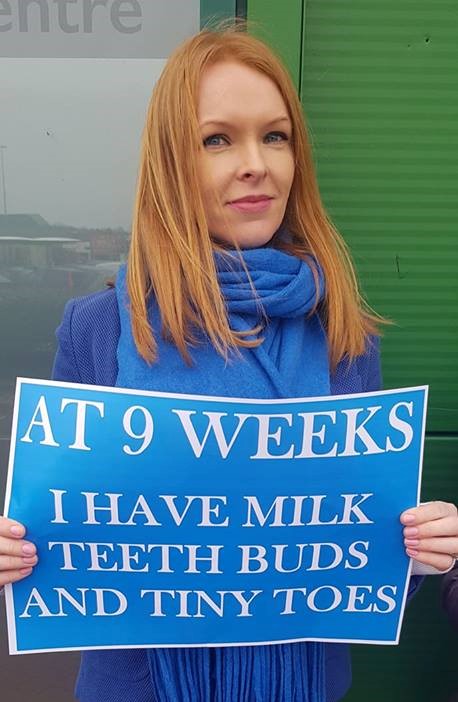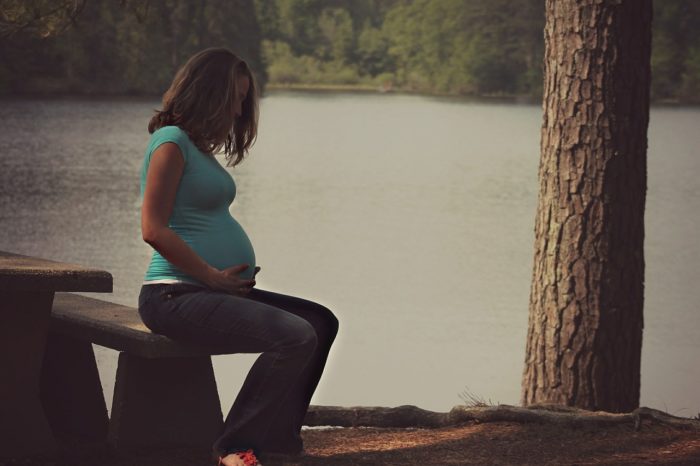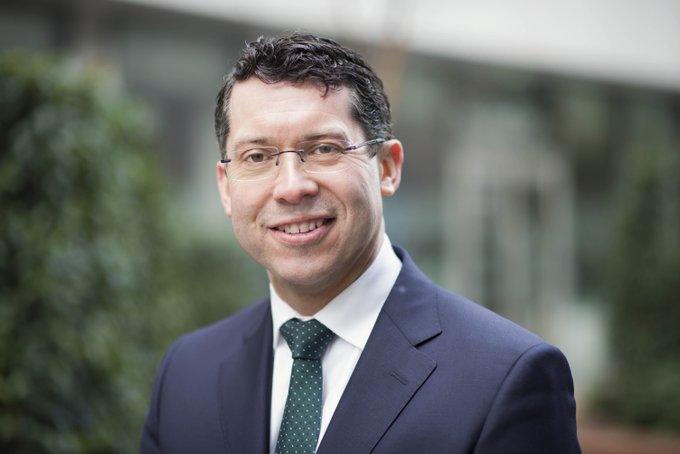An attempt to present a minority report was thwarted by an Oireachtas committee on international surrogacy.
Addressing Seanad Eireann last week, Independent Senator, Ronan Mullen, said: “My colleague, Senator Keoghan, who wanted to present a minority report but was not facilitated in doing so, points out that none of the potential witnesses who had valid dissenting views and questions about commercial surrogacy to put to the committee was allowed to participate. They were purposely and tactically excluded”.
He said the Joint Committee on International Surrogacy did not have a hearing of different sides of the issue.
“In fact, the only public thing we have seen from it so far was the disgraceful treatment of my colleague, Senator Keoghan, by fellow Senators and by Deputies. She was effectively bullied for having a different view and communicating it respectfully. That is a stain on our democracy. The Oireachtas must rise to the challenge we face in these times. We cannot be the place where dissenting voices get cancelled,” he said.
He amplified his criticism the following day: “There are people with major concerns about the human rights of children, mothers and women in the context of surrogacy. It must be possible to make trenchant interventions and state clearly what one believes to be wrong or harmful to society without being accused of being unchristian or being bullied or accused of being a bigot”.


